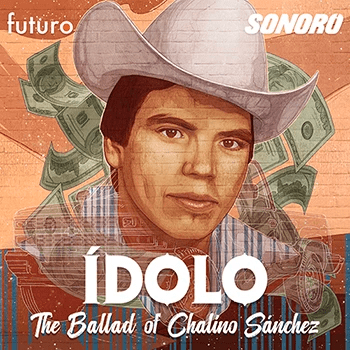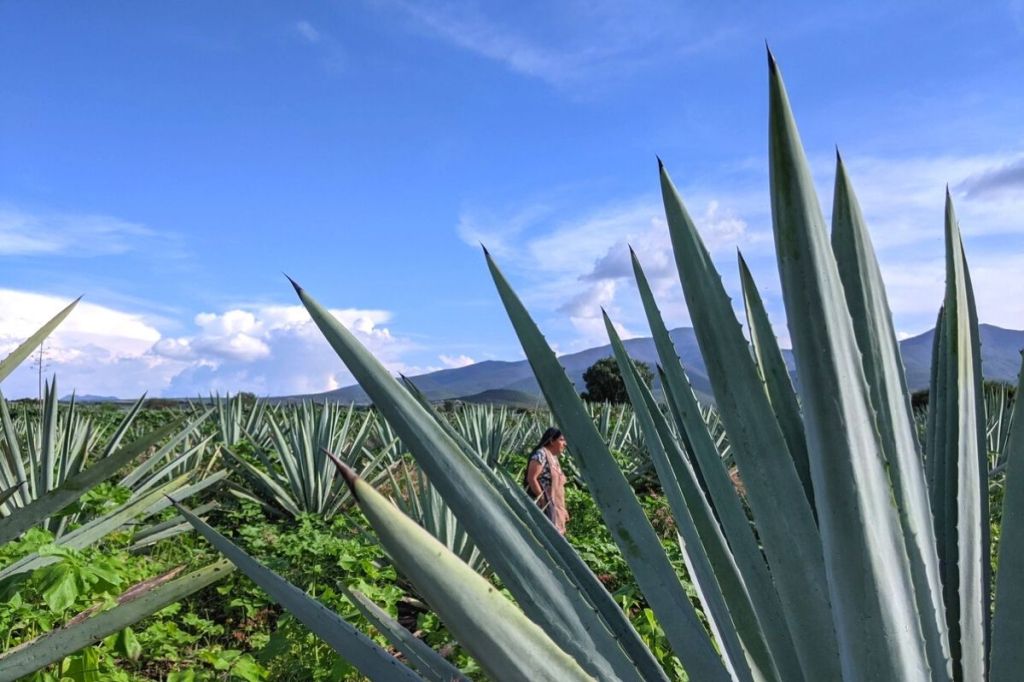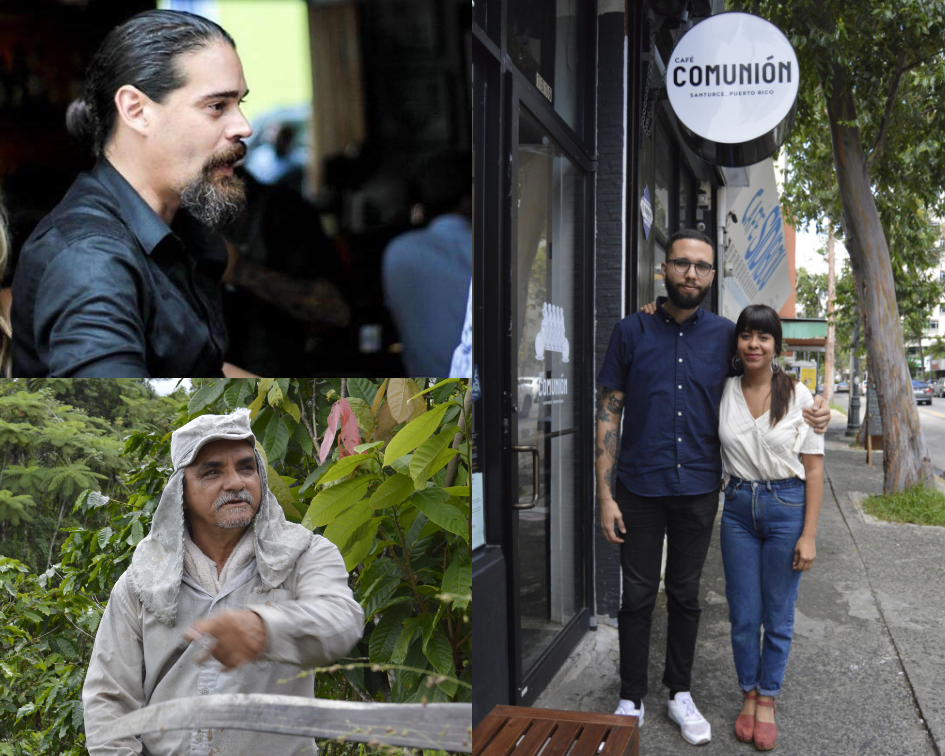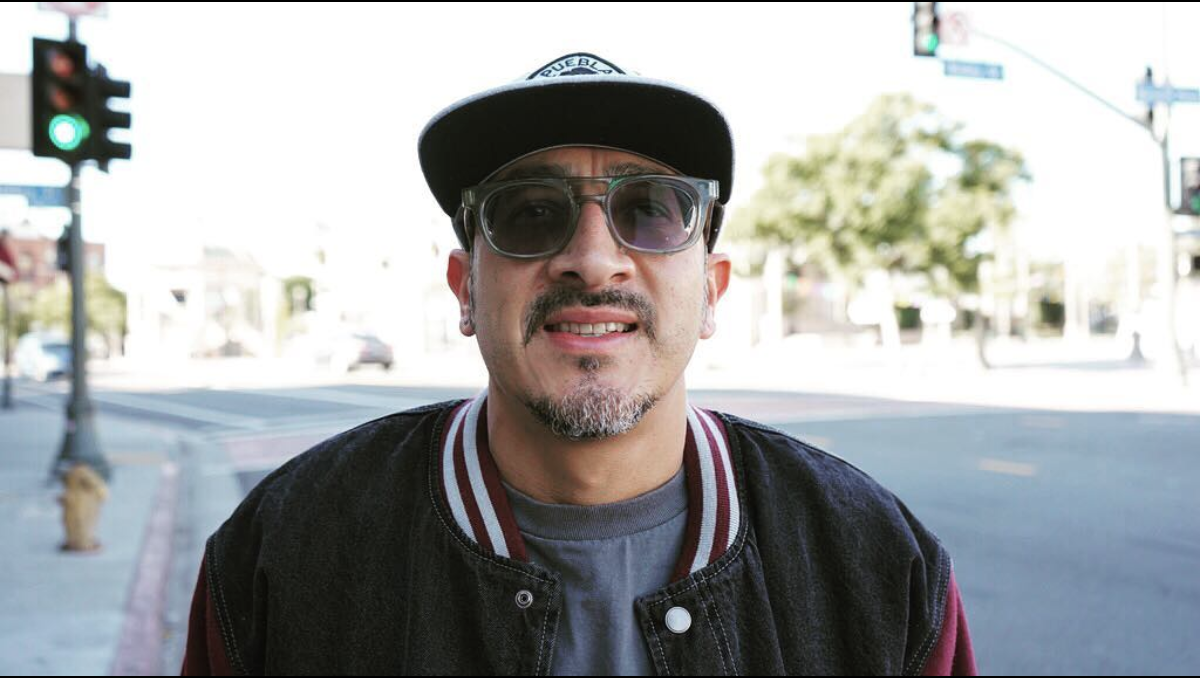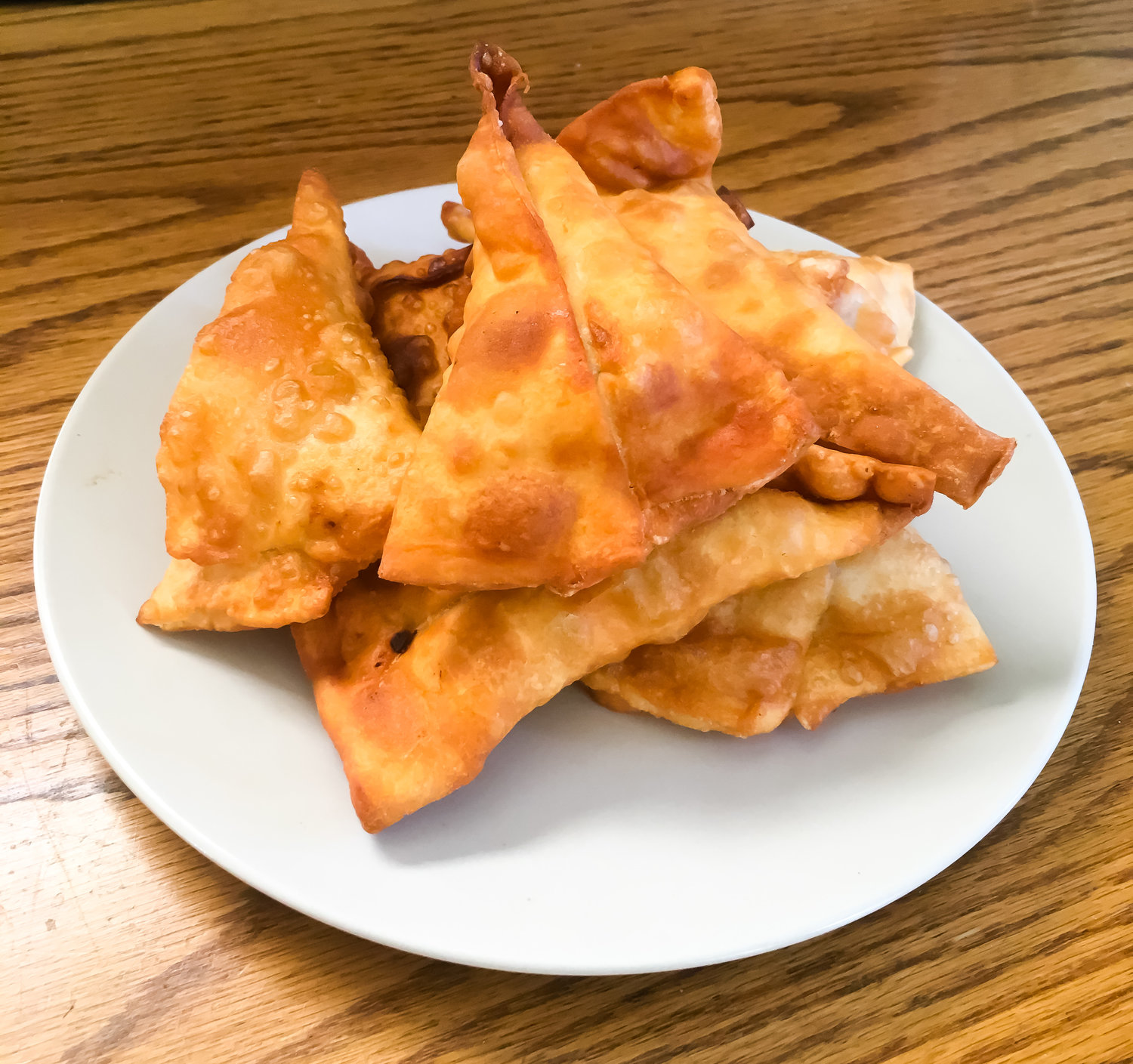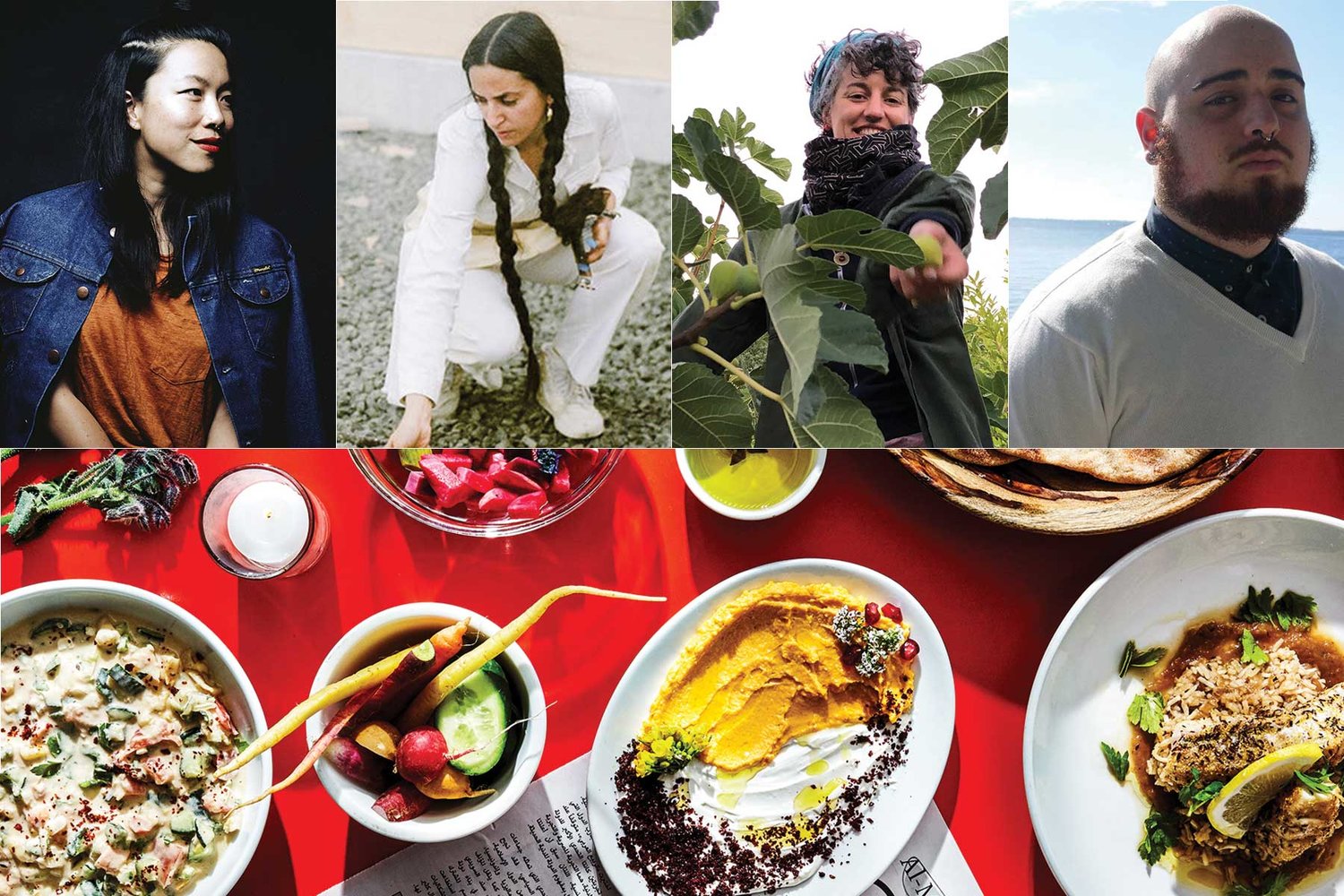https://soundcloud.com/juan-diego-ramirez/joker-stairs
New Yorkers are no strangers to the limelight. As one of the most famous cities in the world, New York has been featured in films, books, and probably on your favorite podcast. However, there are some neighborhoods in the city that have kept their distance from the media. A short train ride away north of Manhattan into the South Bronx, a predominantly Latino and Black working-class neighborhood has become an overnight attraction. People in Highbridge are finding themselves split over what has become known as the “Joker Stairs” as fans of the new film flock to the location en masse.
After its opening at the box office as one of the top 10 highest-grossing films of 2019, the Joker has made Highbridge a new tourist attraction. In this new adaptation of DC’s villain the Joker, the film focuses on Arthur Fleck–portrayed by Joaquin Phoenix–a failed clown with mental illness who lives on the outskirts of Gotham City–a fictional city that resembles New York. In the film, Fleck ascends a long narrow set of stairs located between two old apartment buildings just to get home after long days. In what is one of the most iconic scenes in the film, Fleck–now dressed as the Joker in a red suit, green hair, and clown makeup– is seen dancing down the stairs as he ascends to his notorious role as a Batman villain.

Word of the location of this scene spread quickly through social media and fans from all over have started showing up. Ana De Leon, a resident of Highbridge finds this trend strange. “This is a form of transportation for me to get to the train, people coming here to take a picture it’s strange,” she says. De Leon, is divided on her opinion about the Joker Stairs. “I think it could be a good thing, because of a movie and where it was filmed everybody is interested in where we live it could be a good thing for the neighborhood,” she adds.
Aidibell Feliciano, another resident of Highbridge thinks that this new wave of tourism gives the neighborhood character. “It will probably bring more productions to the neighborhood and a lot of recognition and finally because this was a famous neighborhood and it’s been put behind. People are afraid to come this way but we are all nice and welcoming,” she says. But Chris Yanes–a teenager who traveled with his family from Queens to visit the stairs is not one of those peoples who are afraid to show up to the Bronx. “I heard about it since the movie came out since the trailer. I wanted to know where the stair where and I wanted to do the dance. I searched up on google because I wanted to know where it was. I knew it was somewhere in New York. I got excited when I found it was close, so we came,” he says. Yanes reenacted the dance in costume as the Joker—but came as another, also iconic version of the character. “I wanted to make it more original, so I went with a bit of Heath (Ledger) look. I wanted to go with a more original idea when dancing down the stairs.”

Other tourists like Aidan Hubbard and Ryan Martin, fans of the film, also used Google to find the location of the joker stairs. It was the first time they came to this neighborhood. “He actually googled it and it was popping everywhere from the movie,” says Martin while pointing at Hubbard. “I’ve been to a couple of Yankee games before and I’ve kind of explored a little bit passed 169th Street, but otherwise this area I mean, it looks like any part of the city, but now it’s kind of a little icon up here in the South Bronx,” says Hubbard.
On social media, Joel Martinez, a comedian mostly commonly known as Mero the Kid from Showtime’s Desus & Mero, tweeted a sarcastic message to his followers telling them to show up with expensive electronics and cash at hand, as The Bronx suffers from high crime rates, according to the New York Police Department. In a viral video posted on social media, an angry man is seen throwing eggs at visitors. You can hear the man say, “Y’all not spending no money in my store, but come here to take a picture, Yankees Stadium is where the tourist go.”

This has become a well-known sentiment among local business owners. Tourists are not contributing to the local economy. Fatima and Kevin Reyes workers at Shakespeare Deli Grocery, say that despite all these new faces in their neighborhood, their business has not had the economic impact they expected. “Honestly, we haven’t seen anything different. There are more people coming for the stairs, but we haven’t seen any uptake in our business,” says Fatima. “We thought that when people came here to film they would be doing good things for the neighborhood. We should’ve seen better opportunities in business or a better quality of life for everyone who lives in this location. But we don’t see any changes,” she adds. Kevins tells me that when there are too many people outside, many of our customers prefer to shop elsewhere instead of dealing with tourists. “It’s affecting our business. What Can do?” he says.
The Joker stairs have started a conversation among residents of the area. Ana De Leon says that tourist come to the neighborhood just to take pictures. “sometimes it could take away from the actual place we call home because they want to post it online and be apart of something,” she says. Arthur Fleck has transcended the screen and cause a rift in the real world. There are neighbors who welcome the change and others who oppose it. For now, this neighborhood in the Bronx will have to deal with the masses of Joker fans.

